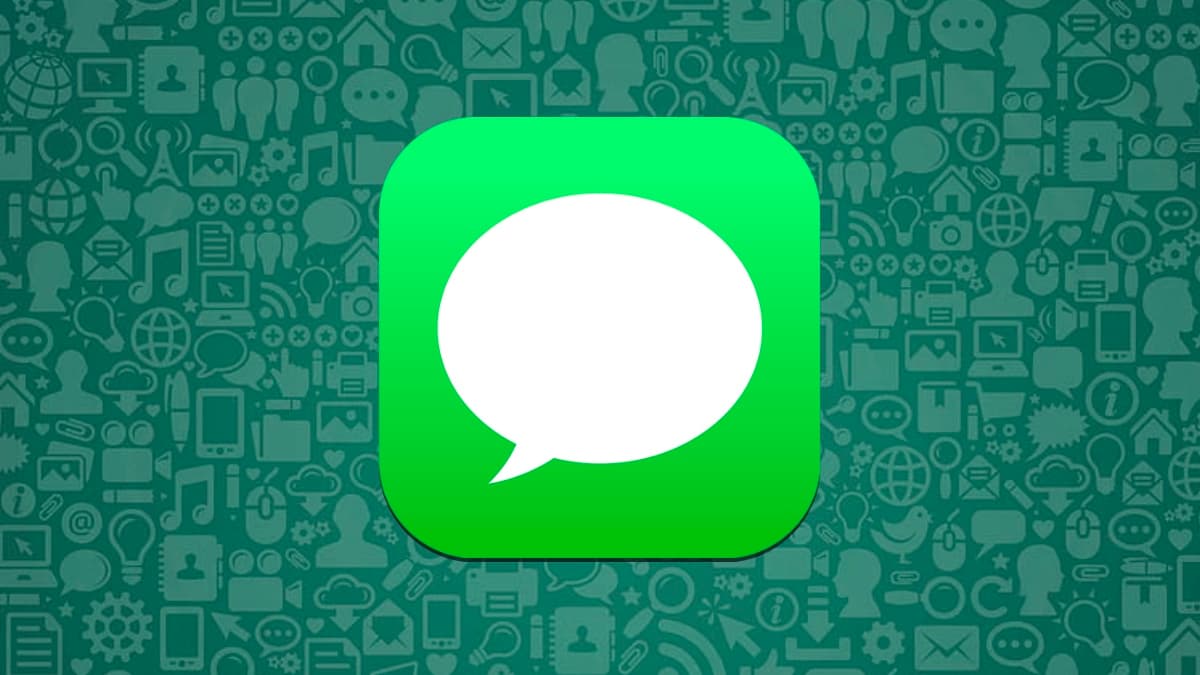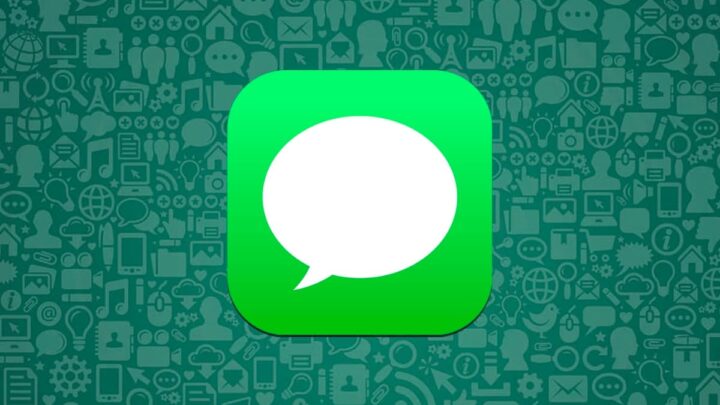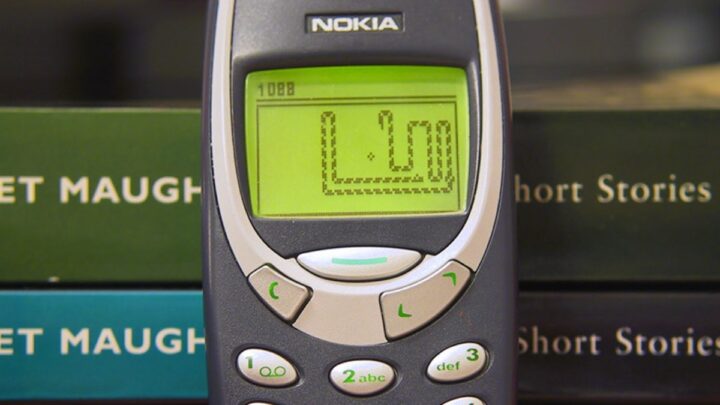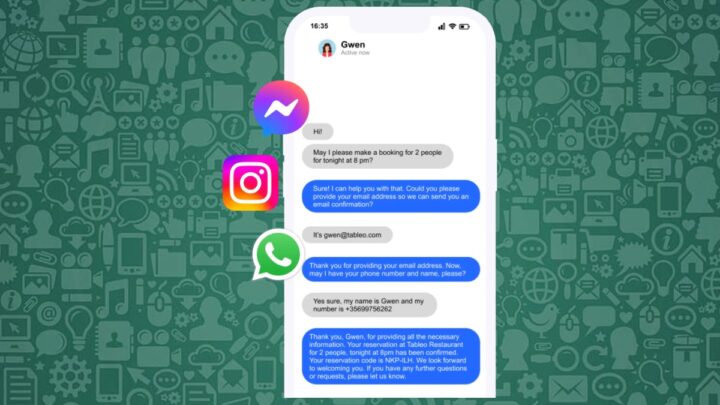Despite being the world's most popular chat app, with about two billion monthly active users, WhatsApp is increasingly falling out of favor among young Americans. They prefer to use iMessage (messages in Portuguese), Apple's app. but why?
It is a rare person who does not have WhatsApp in Portugal. This messaging service has become indispensable in the country, both for personal and business messages. This is also the case in many countries, but not in the United States.
In the country of Biden, Trump, Zuckerberg and their ilk, iMessage is the one that has the edge. It even affects the social level, as young Americans judge the “quality” of their communications solely by the color of the bubbles in the app. But why is this only happening in the US and what has made iMessage so powerful in the US?
Is it a matter of price?
There is no consensus on the exact cause, but in many corners of the networks there is talk of outdated SMS rates as a possible cause.
If our reader is already an adult, over 40 years old, he should remember the “prehistoric” era of mobile phones. When the norm was to have a Nokia phone where you could call, text and play snake. SMS messages of 140 characters were the closest thing to instant messaging we had at the time, and sending an SMS cost little.Shields".
In the US, even before Portugal, SMS was much cheaper or they even sold plans with unlimited texting. This means that while savings have been made in other countries when sending SMS messages, the US public has become accustomed to sending SMS messages.
Perhaps this is why the emergence of WhatsApp, an app that consumes mobile phone data (and was initially very expensive in the US), is gaining more attention in Europe.
Another reason cited by some Americans has to do with the fact that iMessage comes installed natively on iPhones, and the iPhone is the most popular smartphone in the country. You don't need to download anything from the App Store to start sending messages to your contacts, it's simply right there. This is the advantage that Apple obtained by merging its messaging service with traditional SMS itself.
The European Union wants to change everything through required interoperability
However, this historical difference could change a lot in the near future. Just as iOS 17.4 will offer alternative app stores to the App Store, messaging services will have to adapt to new European regulations.
This regulation can be summed up in one word: interoperability. The EU wants us to be able to send messages to different services from the application of our choice: if we wanted to send WhatsApp from Telegram, we could do that. And vice versa, of course. It should be the consumer who chooses which one to use.
Moreover, iMessage will be integrated with the RCS standard to be able to send multimedia content to Android mobile phones. Therefore, it is possible that within some time, the client we use to chat from our iPhone will no longer be so important.
The European Union, following other changes, is also here to force Apple to be "equal" to others. This raises an important question: What then differentiates between the different offers? Are they all the same and copying each other within EU rules?
The question remains to be answered in the coming years.

“Wannabe internet buff. Future teen idol. Hardcore zombie guru. Gamer. Avid creator. Entrepreneur. Bacon ninja.”




